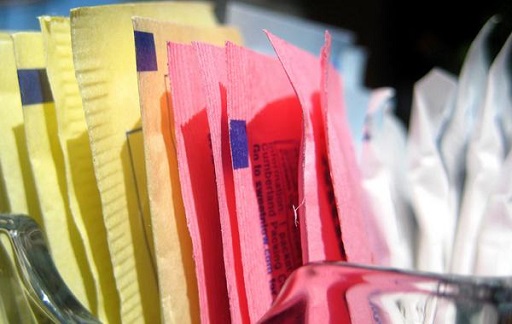5 Looking for solutions: is making food and drinks ‘sugar free’ an answer?
Large amounts of sugar are added to many foods and drinks, particularly those aimed at children, to increase their appeal. One proposed solution to childhood overweight and obesity is to try and cut down the amount of sugar that children consume.
In April 2018 the UK government brought in a sugar tax which meant manufacturers had to pay a levy on fizzy drinks with a high sugar level (see Soft drinks industry levy comes into effect [Tip: hold Ctrl and click a link to open it in a new tab. (Hide tip)] and Soft drink sugar tax starts, but will it work?). Many manufacturers dropped the sugar content of their drinks in anticipation of this tax (see The untapped power of soda taxes).
The UK is by no means alone in this as sugar taxes are increasingly adopted worldwide. By May 2018, 25 countries and 6 U.S. municipalities had adopted sugar taxes or were about to (see Accelerating the worldwide adoption of sugar-sweetened beverage taxes). These were countries in Europe, South and Central America, Africa, the Middle East, the Pacific and the Caribbean. Further countries are examining these options. In Mexico, two years after the tax was implemented, consumption had dropped by nearly 10% (see Sustained consumer response: evidence from two years after implementing the sugar sweetened beverage tax in Mexico). Interestingly, however, in Mexico, young people interviewed said they were not aware of the tax and that it would not affect what they bought as the price increase was too low and they felt ‘addicted’ to the taste of the sugar (see Exploring perceptions of the Mexican sugar-sweetened beverage tax among adolescents in North West Mexico). Indeed, many countries are setting their tax levels too low to expect much impact – experts recommend that taxes should raise prices by 20% to achieve substantial effects (see Accelerating the worldwide adoption of the sugar-sweetened beverage taxes).
One frequent response to sugar taxes by companies is to reduce sugar by adding artificial sweeteners to food and drinks. Is this a good solution? The article Why ‘sugar-free’ is not recommended as a substitute for sugary drinks and foods explains why it may not be.

